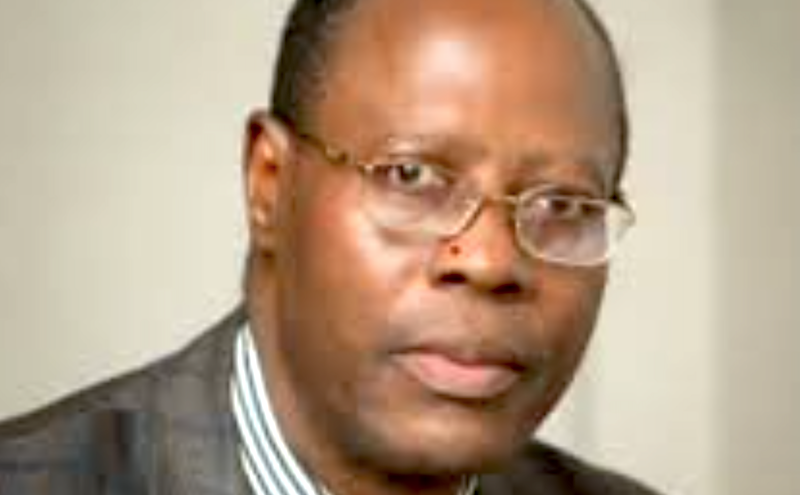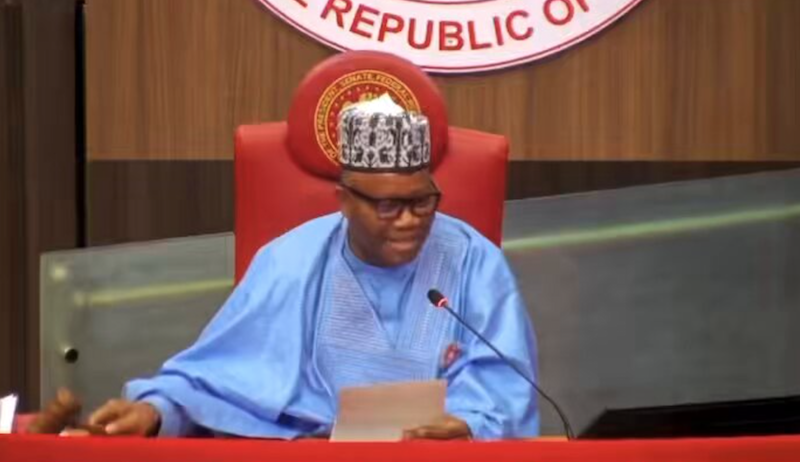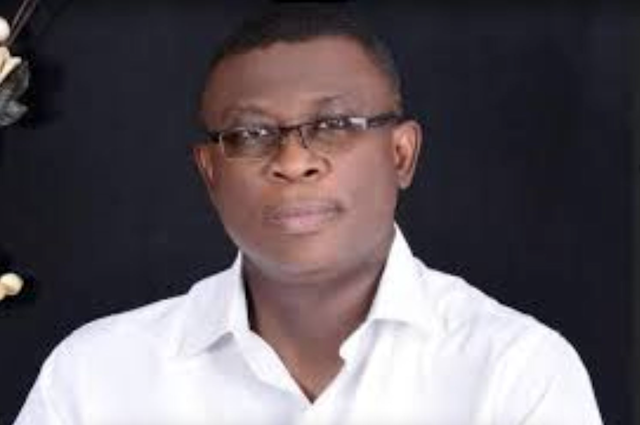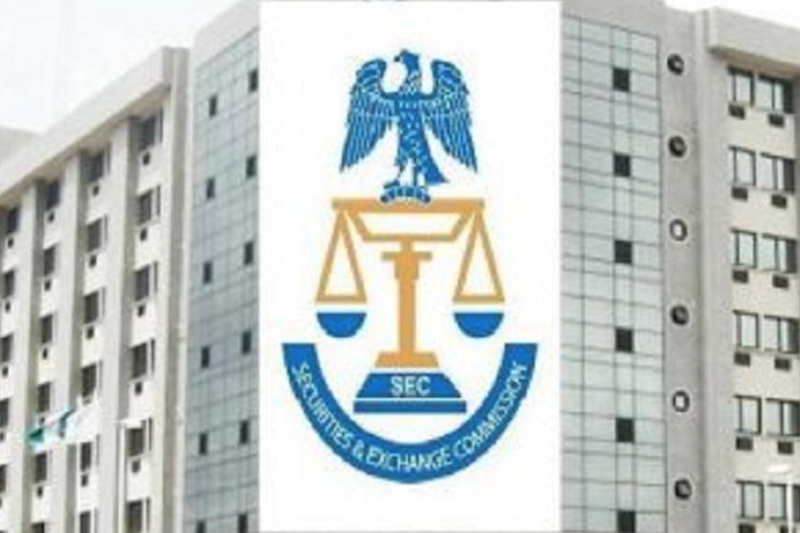Embracing the Nigerian Consumer Credit Corporation and the newly established National Credit Guarantee Company is a clear solution to escaping Ponzi schemes traps and building sustainable wealth.
Prof. Chris Onalo, Registrar/Chief Executive Officer of the National Institute of Credit Administration (NICA), said this in Lagos State on Sunday.
Prof. Onalo stressed that economic hardship and a pervasive sense of frustration are pushing many Nigerians into the trap of Ponzi schemes, leading to continuous financial losses.
Onalo told NAN that in spite regulatory efforts, citizens continued to fall victim to these scams largely due to “ignorance of opportunities offered by the credit policies of President Bola Tinubu.”
He asserted that a clear solution to escaping Ponzi schemes and building sustainable wealth was embracing the Nigerian Consumer Credit Corporation and the newly established National Credit Guarantee Company (NCGC).
He emphasised that the credit guarantee system was designed to “help absorb bankable risks and enhance financial inclusion,” particularly for Micro, Small, and Medium Enterprises (MSMEs).
He highlighted that the NCGC aimed to resolve the perennial issue of small businesses collapsing due to lack of access to finance.
“Most big global conglomerates started as family businesses which grew due to access to credit support’’, Onalo noted, illustrating the potential for MSMEs with proper financial backing.
He explained that MSMEs lacking collateral could now be “assessed and assisted simultaneously by both banks and NCGC in the current credit guarantee initiative.”
Onalo commended President Bola Tinubu for introducing the credit economy and establishing the NCGC, calling it a step toward “citizens’ well-being” and “MSMEs growth’’.
He acknowledged the universal human desire for wealth, which fuelled desperation and vulnerability to illegitimate schemes
“All humans have desires for money and wealth creation, hence the desperation of Nigerians to make money either legitimately or illegitimately, thereby falling for ponzi schemes,” he said.
He stressed the urgent need for a national value reorientation to combat the “get rich quick syndrome” prevalent among Nigerians.
Onalo urged the government to provide adequate funding to the National Orientation Agency for “practical continuous enlightenment campaigns” targeting communities, tertiary institutions, professional associations, and religious bodies.
He added that the government could “augment that by introducing schemes and programmes that can give support gradually to the Nigerian people’’.
For the NCGC to succeed, Onalo called for “transparency, collaboration, innovations and strict adherence to mandate’’.
He emphasised the importance of “effective stakeholders engagement, public enlightenment, partnerships and transparency for NCGC to be able to effectively promote access to credit for MSMEs.”
The NICA boss announced that the National Credit Guarantee Company would host a stakeholders’ Forum on July 28, 2025, in Lagos.
The event, where Onalo will be a panelist, will discuss “Fostering Inclusive Growth Through Credit Guarantees for Youth-owned Businesses and MSMEs,” with key participants including lending institutions, regulators, and the business community.







